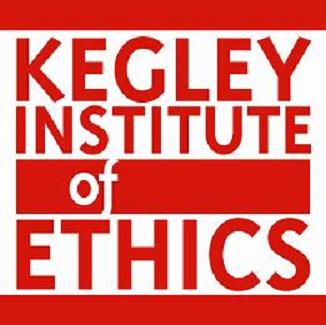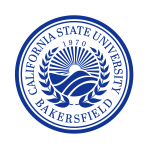On the Theatre of the Oppressed
 Submitted by KIE 2020-2021 Faculty Fellow and Professor of Theatre, Mandy Rees
Submitted by KIE 2020-2021 Faculty Fellow and Professor of Theatre, Mandy Rees
I was introduced to the Theatre of the Oppressed close to 30 years ago when I attended a workshop with Brazilian theatre innovator, Augusto Boal (1931-2009). I was immediately drawn to his charisma, playfulness, sense of humor and joy. He taught us a number of theatre games which asked us to get on our feet, interact with each other, and express ourselves. I have used these games in my CSUB classes for many years, and refer to Boal’s book, Games for Actors and Non-Actors, frequently.
Boal was inspired by Paolo Freire’s Pedagogy of the Oppressed, an approach where the learner does not merely receive the teacher’s knowledge but is engaged in problem solving. Applying this philosophy to theatre, Boal questioned the traditional model in which audience members remained passive viewers. Could theatre audiences also problem solve, and work collectively together? Could theatre be a forum to address social issues and motivate action?
Boal’s theatrical experimentation began in 1960s Brazil, when overcoming oppression was a daily concern. Brazil saw two military coups in that decade, and the start of a long-term dictatorship. A political activist, Boal saw theatre as a way to inspire change. He experimented with theatrical presentations depicting situations of oppression that his fellow citizens were facing. He asked the audience how the protagonist could overcome the oppression, and any audience member could stop the performance when they wished to suggest a new tactic that the protagonist could try. The actors would then replay the scene incorporating the suggestion.
But Boal discovered he could make this an even more active experience, and coined the term “spect-actors” (spectators as actors.) He started an event by asking the audience to play a number of games as a way to prepare them to participate, like those games he taught at the workshop I attended. Once the performance began, audience members were asked to intervene and replace actors, acting out their ideas for how to deal with an oppressor (Forum Theatre). In this way, the spect-actors were not only imagining solutions to overcome their oppression, but they were actually practicing their ideas. Boal called it a rehearsal for reality. Boal believed people were the experts on their own lives, on how to liberate themselves and claim their power. By the end of the performance, a number of ideas would have been explored and practiced, drawing on the collective wisdom of the group—ideas that could be put into action. His work upset the regime in Brazil, and in 1971 he was arrested, brutally tortured and eventually exiled to Argentina.
Once freed, Boal took his ideas to the world. As Boal encountered new marginalized populations, his work evolved. He developed Invisible Theatre, taking rehearsed performances into public spaces where observers would think it was real life and where he would avoid police interference (perhaps this reminds you of ABC’s show “What Would You Do?”) He devised Image Theatre, a form that relies on physical images, as a response to working with participants who had trouble expressing themselves verbally. In Europe, the stories he heard were less about external oppression, and more about internal oppression such as loneliness and alienation, so he developed a form called Rainbow of Desire. By the mid-1980s, when the military junta in Brazil was removed, Boal returned to his home country. After a few years there, he was convinced to run for a city council seat in Rio de Janeiro and won. He developed Legislative Theatre, using Forum Theatre techniques to propose and discuss new laws to address local problems. Thirteen laws were passed as a result of these discussions. As you can see, he was continually adapting and expanding his work. He traveled widely, to Africa, Asia, Australia, and North America, training people in his work and encouraging others to build upon it. In 2008, he was nominated for the Nobel Peace Prize before passing away in 2009.
Boal’s work has a worldwide following and is being used in communities and universities, and with prisoners, anti-racism groups, LGBTQ+ rights advocates, women who have experienced domestic violence, among many others. I have been interested in taking a deeper dive into Theatre of the Oppressed for many years, and was grateful to have received a Kegley Institute of Ethics Faculty Fellowship to do so. I received the grant pre-pandemic with travel plans for a summer 2020 workshop. When the world shut down, my travel was canceled. The Theatre of the Oppressed training program, the Mandala Center for Change, pivoted to a virtual mini-program, with promises to deliver in-person workshops when safe. With my preliminary training, I plan to incorporate some principles into my classes, especially some of his non-verbal work. I look forward to future training and projects.





